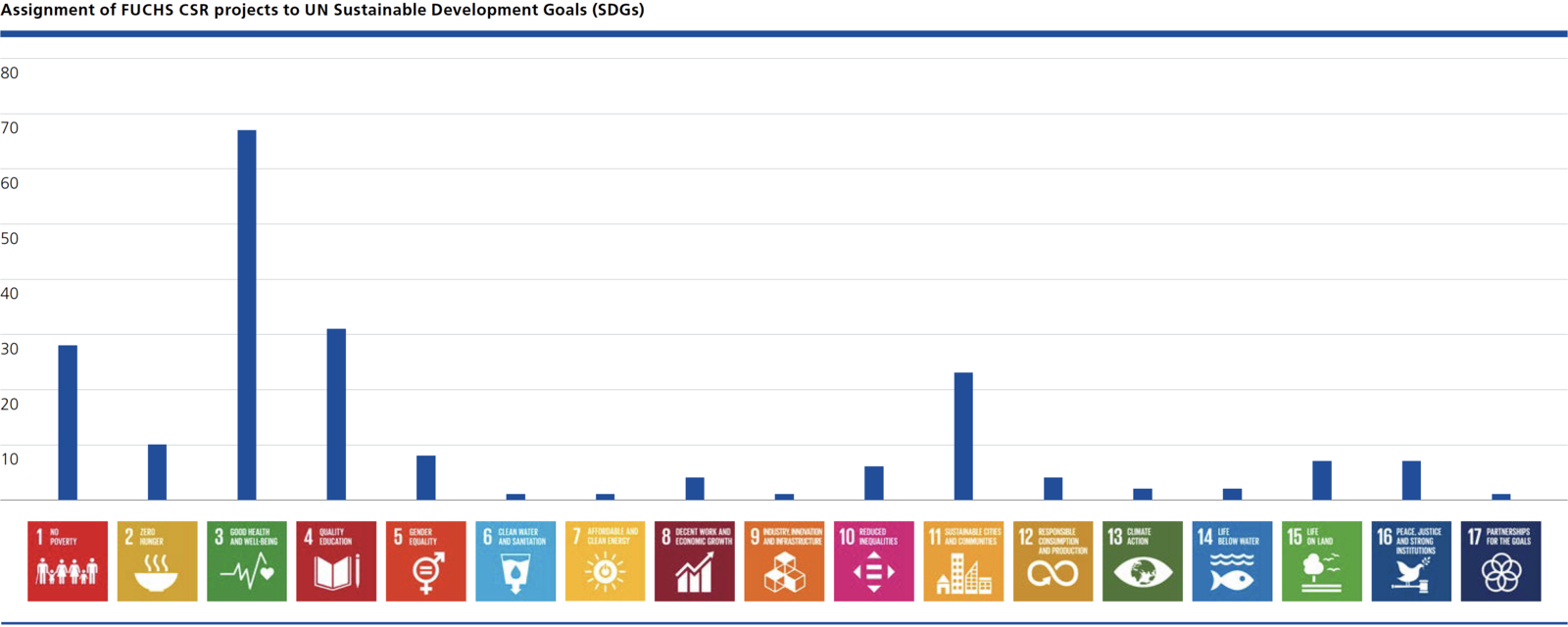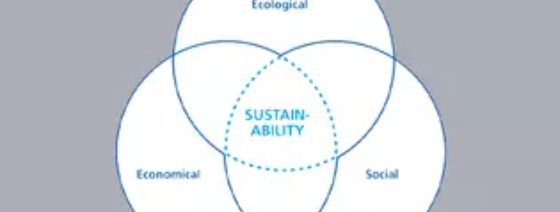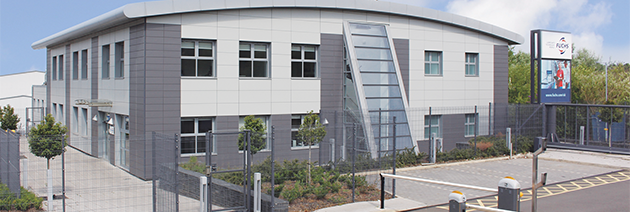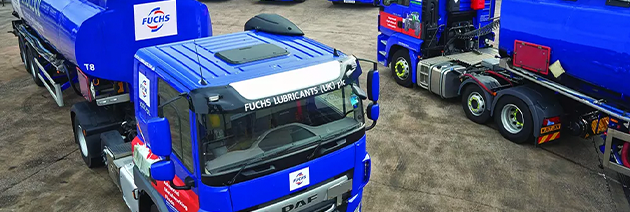Sustainable lubricants: a holistic approach
When we think of sustainable lubricants, it is no longer enough to solely consider the sustainability of the end product; sustainability considerations must embrace the entire life cycle. Ultimately, only a precise understanding of these product life cycles enables targeted sustainable activities, subsequently facilitating a circular economy.
The importance of lubricant sustainability for your business and the environment
Sustainability and climate change are two of the biggest challenges facing current and future generations today. How can we increase efficiency, reduce emissions and waste, limit environmental pollution and degradation, and guarantee living standards for people around the world? Find out what makes a lubricant sustainable, how FUCHS is continually working to improve sustainability on a holistic level, and how our products can help you do the same.
What are sustainable lubricants?
Pressure’s on, and the cost of limited natural resources combined with environmental pollution has increased regulatory and customer demand for more environmentally-friendly products. There are several things that go into making a product more ecologically and/or economically sustainable, and contrary to what you may think, it’s not all down to the production process.
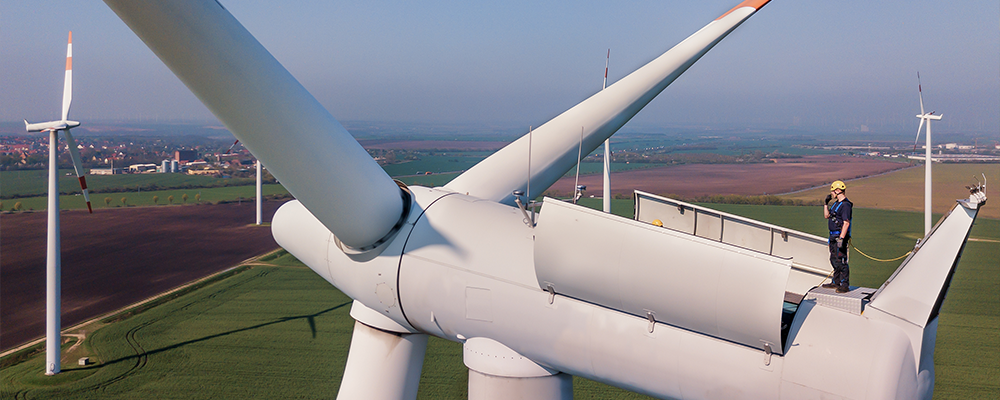
How FUCHS is leading the way in sustainability
FUCHS views sustainability on three levels:
- Environmental
- Economic
- Social
These three core areas are at the heart of our products and processes, and we are already well on the way to achieving our FUCHS2025 vision. In action, this translates to the following:
Helping our customers to reduce emissions
The impact of emissions within the gates of FUCHS factories (i.e. gate-to-gate) is low compared with other industries. The more effective factor in terms of climate protection lies in reducing emissions at the customer stage of the cycle.
FUCHS products are designed to improve efficiency of processes, therefore generating added value. This can be achieved, for example, through less wear, corrosion prevention or greater productivity, resulting in the reduction of specific emissions when using our products.
Achieving CO2-neutral processes
FUCHS has long been intensely involved with the topic of sustainability, with focus on CO2 emissions being a top priority. As highlighted above, FUCHS achieved CO2-neutral emissions in its gate-to-gate processes in 2020. Since then, we produce with a balance-neutral CO2 footprint.
Our next milestone is to become CO2-neutral along the entire process (cradle-to-gate) by 2025. This involves taking responsibility for the emissions at the stages of the value chain upstream from us. We are making successful progress on this goal; with screening of upstream emissions in our value chain commencing in 2021, we are now calculating the emissions generated by our products up until delivery to our customers (by us and our suppliers).
Following the completion of the above, our goal is net-zero, meaning reducing overall CO2 emissions, including the value-adding steps that follow us.
A holistic view of the complete shipping process
A large share of FUCHS products are delivered in bulk, transported loose in tank trucks. This in itself reduces packaging; however, we go one step further. For example, even for liquid goods we regularly use standard sea containers with a thin recyclable plastic liner. This means that rather than an empty tank container being returned, the container is used again once product is removed therefore reducing unnecessary transportation.
Where small containers are concerned, FUCHS has imposed a minimum proportion of 30% recycled material, worldwide. Wall thickness of our steel drums has also been optimised to reduce weight.
Replacing fossil raw materials
The development of new sustainable products rests on the need to feedstock from renewable sources that can be scaled up industrially. Numerous FUCHS research projects are currently underway to source suitable raw materials from waste flows, such as frying fat, wood products, and more.
Facilitating the transformation to a circular economy
As a globally active player in the value chain, we are committed to working with the relevant associations as a pioneer in the development of the necessary standards of a circular economy. FUCHS already supports its customers in using our products as efficiently as possible, but also aids returning used lubricants to the value chain.
Social sustainability
Social sustainability has an internal and an external component, and for FUCHS it means taking responsibility for both its employees and for society in equal measure. As well as investing internally in our employees through health management, a dedication to promoting work-life balance, and encouraging on-going professional development, FUCHS is involved in an ever-growing number of social projects at all of our major sites around the globe.
FUCHS’ Corporate Social Responsibility (CSR) projects align with the UN Sustainable Development Goals (SDGs). The motivation for selecting the CSR projects to be supported is mainly based on pursuing the company’s own local sustainability strategy, followed by neighbourly help, as well as voluntary initiatives and employee suggestions.
To give a wider perspective on FUCHS’ effort to achieve comprehensive sustainability, let us elaborate on some of the points above.

The circular economy as a holistic concept
Nowadays, it is important to use materials and products for as long as possible, to repair and refurbish them. An intelligent circular economy uses less raw materials and energy and thus causes fewer CO2 emissions and less waste.
In our view, the circular economy has to be seen as a holistic concept of interlinked elements along the entire value chain. Only through this integrated approach, the goals of the circular economy can be implemented on a sustainable basis: reducing waste to a minimum and reusing, remanufacturing and recycling materials as often as possible.
For FUCHS, this holistic concept consists of three guiding principles that can be mapped along its entire value chain:
- Prioritising renewable feedstock
- Product formulations have been redesigned to include renewable feedstocks. In addition to this, flushing oil generated during production is recycled, and waste from production processes has been minimised
- Maximisation of product benefit
- Product run times have been extended through improved product properties. Change intervals of process fluids have also been extended through condition monitoring
- Recovery of by-products and waste
- Lubricants in the area of chemical process management are recovered and recycled, leading to a longer life-cycle
Our aspiration is to expand these activities further and also to consolidate our claim as a technology leader and provider of holistic solutions in the field of circular economy.
Supply and processing of raw and finished materials
For FUCHS and any other business seeking to reduce their ecological footprint, sustainable business means consideration of the environment and careful use of natural resources, ensuring the responsible use of energy, water and raw materials. The ecological footprint created by the manufacture of lubricants refers to the impact on the environment and resources used in connection with:
- Extracting and sourcing raw materials
- Processing and refinement
- Delivery of the finished lubricants
- Ultimate and proper disposal of products
By reducing the energy and water consumption, waste generation and CO2 emissions associated with all of the above, a lubricant becomes more sustainable.
How is FUCHS taking responsibility?
FUCHS ensures that the raw materials it uses comply with all environmental, health and safety regulations, assessing suppliers for their corporate and product carbon footprint (CCF and PCF), as well as investing in alternative raw material solutions that help to protect the environment and resources. Our production sites also work to a variety of ISO standards, with 100% certified according to the ISO 9001 quality management standard, 60% according to the ISO 14001 environmental management standard, 30% according to the OHSAS 18001 Occupational Health and Safety Management System, and six European production locations according to the ISO 50001 Energy Management System.
Efficiency of use and emissions
Ecological sustainability is one of the main points of lubricants in their own right. They make a crucial contribution to reducing corrosion, wear and friction. Protection against corrosion and wear allows a piece of machinery or a tool to have a longer life, thereby enabling more sustainable investment in machinery and reducing energy and cost of materials incurred through early replacement of capital goods.
How FUCHS is increasing efficiency and reducing emissions for its customers
Research and development of lubrication products has sought to improve the effectiveness of machinery and production processes where lubricants are used. For example, the use of effective engine lubricants has been shown to reduce emissions, improve fuel efficiency and save on fleet costs for truck companies.
By creating and using lubricant products that minimise emissions and environmental impact through friction reduction, and wear and corrosion protection, it is possible to prolong the service life of machines. FUCHS lubricants increase the efficiency of customers’ production processes, contribute to cost and energy savings, cut back greenhouse gas emissions, and therefore conserve resources, making customers’ businesses more sustainable.
Biodegradability and impact on the environment
A lubricant may be considered more environmentally acceptable if it has:
- Good biodegradability
- Low toxicity
- Low bioaccumulation
Such features are even more important when products are used in particularly environmentally-sensitive areas, such as at sea. Biodegradable lubricants such as synthetic or vegetable oils are much less toxic to plants and animals, and will naturally break down if lubricant loss occurs. FUCHS offers a range of biodegradable lubricants and greases, which offer an eco-friendly alternative whilst also meeting minimum technical performance standards.
FUCHS’ endeavours for social sustainability
As mentioned previously, FUCHS’ social sustainability efforts are strongly influenced by the 17 UN Sustainable Development Goals (SDGs).
Despite disruption due to COVID-19, in 2021, FUCHS not only increased the number of companies that supported projects to 37 (previous year: 14), but the number of projects also more than doubled from 71 in the previous year to a total of 151 social projects. Ten of these projects benefited FUCHS employees internally, while 141 external social projects were supported.
FUCHS was once again able to support numerous people who were in need, socially disadvantaged and suffering, and who received donations, grants and aid.
FUCHS is convinced that local needs can best be assessed first-hand. This is why the local FUCHS companies decide independently which projects they support and, in this way, also ensure that the aid goes to where it is most urgently needed.
How sustainable lubricants from FUCHS can help your business
The pressure on companies to improve efficiency and productivity while meeting environmental targets is ever increasing. With environmental regulations and consumer sustainability expectations on the agenda for all industries, it is vital to investigate and apply the methods and products that will help you achieve your goals. Sustainability at FUCHS means continuous investment, research and development, and we can use our industry and product knowledge to help improve your company and product sustainability.
> If you would like more information about our company and products,
please browse our website or get in touch today.

Contact Us.
More information?
If you would like more information about our company or our products, please get in touch.
> Email: contact-uk@fuchs.com

